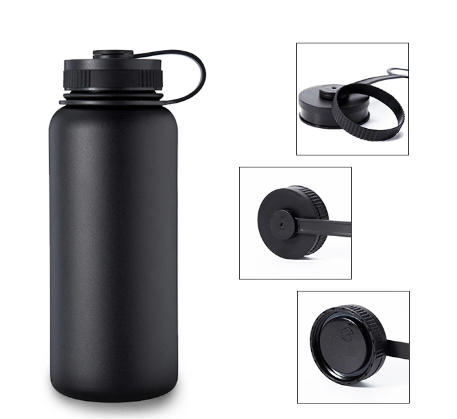when was bottled water invented
In today’s fast-paced world, staying hydrated while on the go has become a top priority for many. A very popular and convenient option is bottled water. When we pull a bottle of water out of the fridge or buy one on a hot summer day, we rarely stop to think about where it came from. So, let’s take a journey back in time to find out when bottled water was invented and how it has evolved over the years.
1. Ancient beginnings:
The practice of storing water in containers dates back thousands of years. In ancient civilizations such as Mesopotamia and Egypt, people used clay or ceramic jars to keep water clean and portable. The use of these early containers can be seen as a precursor to bottled water.
2. Bottled mineral water in Europe:
However, the modern concept of bottled water was developed in Europe in the 17th century. Mineral water has become a popular destination for spa and therapeutic purposes. As demand for naturally carbonated mineral water grew, the first commercial bottling plants emerged to cater to wealthy Europeans seeking its health benefits.
3. The Industrial Revolution and the Rise of Commercial Bottled Water:
The Industrial Revolution of the 18th century marked a turning point in the history of bottled water. Technological advances have led to better sanitation and mass production, enabling bottled water to reach a wider consumer base. As demand grew, entrepreneurs jumped at the opportunity, with companies such as Saratoga Springs and Poland Spring in the US establishing themselves as pioneers in the industry.
4. The era of plastic bottles:
It wasn’t until the mid-20th century that bottled water became widely available. The invention and commercialization of the plastic bottle revolutionized the packaging of water. The lightweight and durable nature of plastic, combined with its cost-effectiveness, make it an ideal choice for manufacturers. Plastic bottles are rapidly replacing heavier glass containers, making bottled water portable and accessible to consumers.
5. The bottled water boom and environmental concerns:
The late 20th century witnessed exponential growth in the bottled water industry, largely driven by growing health awareness and marketing of water as a premium alternative to sugary drinks. However, this prosperity has been accompanied by growing environmental concerns. The production, transportation and disposal of plastic bottles have a major impact on our ecosystem, with millions of plastic bottles ending up in landfill or polluting our oceans.
In conclusion, the concept of bottled water has evolved over the centuries, reflecting human ingenuity and changing social needs. What started as water storage for longevity in ancient civilizations has transformed into a multi-billion dollar industry driven by convenience and health concerns. While bottled water remains a popular choice for many, it is imperative to consider the environmental consequences and explore sustainable alternatives. So next time you pick up your water bottle, take a moment to appreciate the rich history that has brought us this modern hydration solution.
